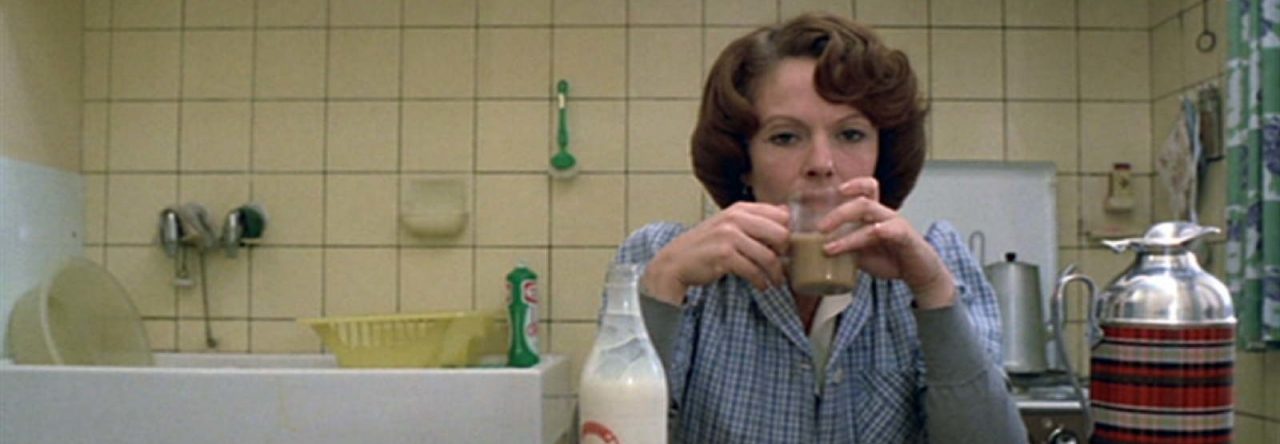
“How are you?” always feels like a loaded question when the answer is anything but great. In I’M FINE (Thanks for Asking), directors Kelley Kali and Angelique Molina use the backdrop of the pandemic to explore how toxic that question can feel when the answer is anything but fine and how easily everything can spiral down when holding on by a thread.
Director Kelley Kali also stars in the film as Danny a single mother who was recently widowed. She and her 8-year-old Wes (Wesley Moss) have been living in a tent by the side of the road for some time in absence of a steady income from deceased Sam. Danny reminds Wes to keep their “camping” a secret before dropping her off with a friend, donning her roller-skates in absence of car, and setting out to make the last few hundred dollars for an apartment security deposit. As she traverses L.A. under the scorching sun, she becomes increasingly desperate to procure the necessary funds after a client shorts her. Eventually, with the help of a little weed, she gives in to a friend’s inquisition and betrays that everything is not fine. Unfortunately, her defense mechanism of answering “I’m fine” proves justified when even in the people who proport to care about her she finds he no solace.
More than anything, I’M FINE (Thanks for Asking) captures thefeeling of futility that accompanies poverty. For Danny it seems that everything that could go wrong does because she has nothing so every misstep has significant consequences that no amount of good luck can overcome. This hopelessness is best visualized by a moment where Danny stumbles in a puddle and the film cuts to a shot of her fully submerged in water while her envelope of cash floats out of grasp. While striking, this sequence also betrays the flaw in the film. Danny’s misery is the point, but the film does feel a little overindulgent in the melodrama at times. It is not significant enough to sour the picture, but enough to call out.
The most significant thing that I’M FINE (Thanks for Asking) has going for it is that it represents a slice of America largely ignored by Hollywood. As a houseless woman of color, Danny’s story is often told as a charity case through the lens of an affluent white person if at all, but Kali and Molina portray her as a full person who is so much more than her housing status. She is a loving mother who would do anything for her child and is just as worthy of a cinematic depiction as anyone.

Pingback: SIFF 2021 – Woman With A Movie Blog
Pingback: A 2021 Film Journey: Day 98 – Day 108 – Woman With A Movie Blog